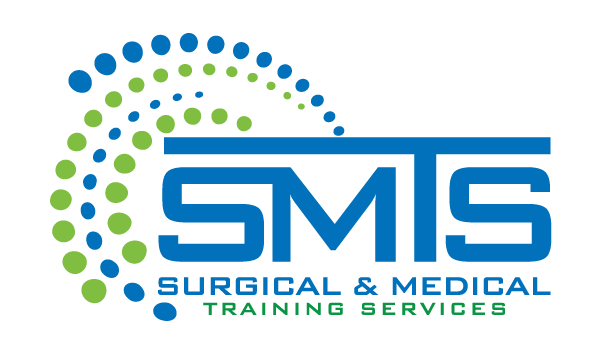Sculpting the Future: Advancements in Surgical Training at SMTS
There has been a substantial change in medical and surgical training services. This transformation demonstrates a more extensive dedication to improving patient results by enhancing surgeon skills. Modern training programs now include interactive tutorials, hands-on workshops, and advanced simulation technologies as essential components. Therefore, trainees can enhance their understanding of surgical procedures and improve their skills in a safe environment. We are leading the way in this evolution at SMTS – Surgical & Medical Training Services, providing cutting-edge training programs to prepare healthcare professionals for success in their fields. Come with us as we delve into the latest surgical and medical education developments and how they influence patient treatment quality.
The Role of Simulation in Medical Training
Realistic Scenarios: Simulation-based training uses lifelike models or virtual reality platforms to provide a safe environment for students to rehearse intricate surgical skills.
immediately Feedback: One advantage of simulation is that it provides immediate feedback, which enables quick reflection and surgical technique modification.
Error management: Future surgeons can learn how to handle and recover from surgical errors without threatening patient safety by practicing in a simulated setting.
These features highlight the importance of improving the Surgical Training process in medical education programs by introducing simulation technologies.
Expertise: It is fundamental to grasp surgical instruments and methods. It is essential to keep practicing and becoming exposed to different surgical circumstances.
Essential Skills Every Surgeon Must Learn
Making Decisions: Surgeons must learn to make decisions quickly and intelligently, especially under time constraints.
Interpersonal Skills: A successful surgical outcome depends on communicating effectively with the healthcare team and patients.
Adaptability: In the constantly changing area of surgery, the capacity to adjust to new technology, procedures, and difficulties is essential.
By fostering these abilities through specialized surgical training programs, future surgeons will be competent and well-rounded.
Navigating the Path to Surgical Mastery
From undergraduate medical school to specialized surgical training, several stages are involved in becoming a competent surgeon. Here is a quick synopsis:
Medical School: Upon finishing their clinical rotations, aspiring surgeons are given a comprehensive education in the medical sciences.
Residency: A residency program gives students in-depth instruction in surgery and extensive practical training under the supervision of a professional.
Fellowship (Optional): Some seek extra training to further their surgical specialization.
This rigorous curriculum strongly focuses on the value of dedication and continued learning to achieve surgical proficiency.
The Future of Surgical Training
Technological and methodological developments point to a bright future for Surgical Training. Telemedicine, augmented reality, and artificial intelligence will significantly improve training programs. These developments ensure that surgical education will become more widely available, efficient, and successful, enhancing surgical results and patient care worldwide.
Final Serves: Stepping into the Future with Confidence
When we consider the future of surgical Training, cutting-edge technologies combined with traditional techniques will mold the next generation of surgeons. Surgical and medical training services are extremely important since being a surgeon is challenging and rewarding. Aspiring surgeons may enter their professions confidently and be prepared to greatly affect the healthcare industry by never stopping learning, being open to new ideas, and improving their abilities.
The welcoming comments and conversations below will further enhance our mutual understanding and progress in surgical training. Let’s participate, educate, and develop together.
